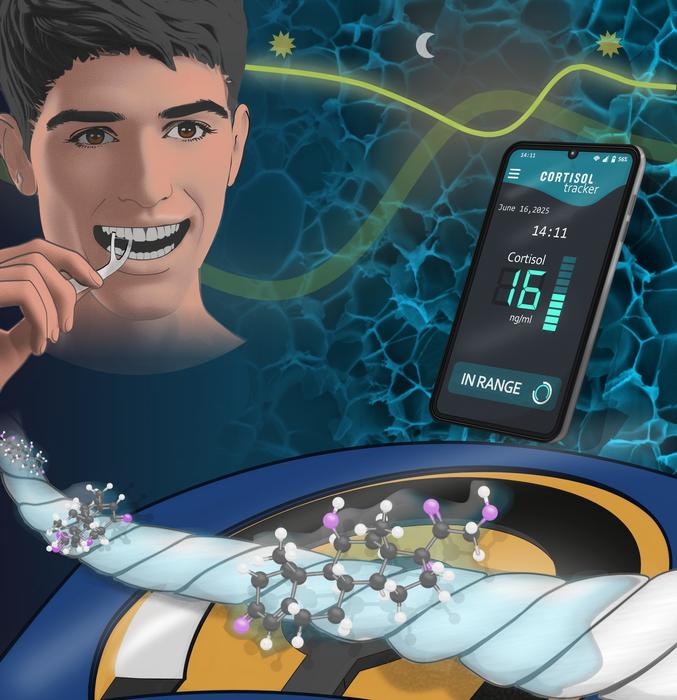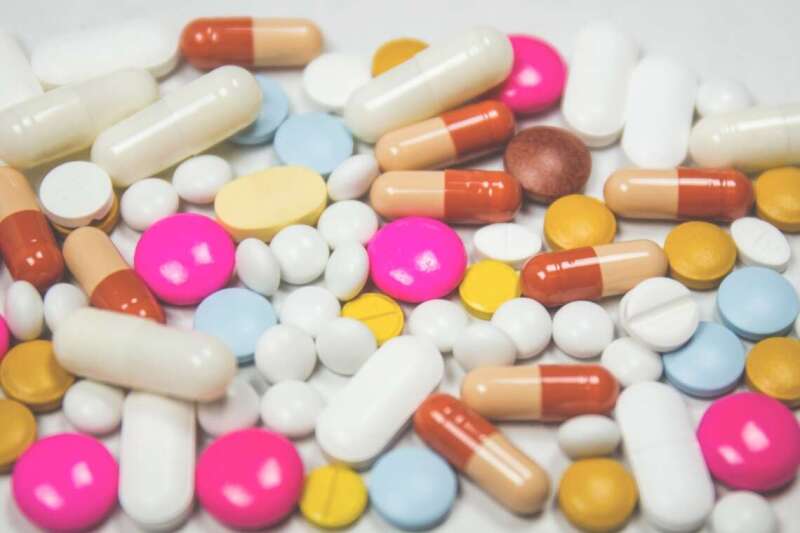Researchers from the University of Pittsburgh and Yale University in the US have shown that gut bacteria can metabolize oral drugs that target cellular receptors called GPCRs, or G protein-coupled receptors
A groundbreaking study has revealed that common gut bacteria can metabolize certain oral medications, potentially rendering essential drugs less effective. This discovery could have significant implications for the treatment of conditions such as migraines, depression, type 2 diabetes, and prostate cancer.
Researchers from the University of Pittsburgh and Yale University in the US have shown that gut bacteria can metabolize oral drugs that target cellular receptors called GPCRs, or G protein-coupled receptors. These receptors play a crucial role in many physiological processes, and drugs that act on them are used to treat a wide range of common medical conditions.
There are over 400 medications approved by the US Food and Drug Administration (FDA) that target GPCRs. These include drugs used for migraines, depression, type 2 diabetes, prostate cancer, and more. However, the new research suggests that gut bacteria could interfere with the effectiveness of these medications by altering their chemical structure.
Qihao Wu, Assistant Professor at the Pitt School of Pharmacy and one of the study’s lead authors, highlighted the importance of understanding the interaction between GPCR-targeted drugs and the human gut microbiota. “Understanding how GPCR-targeted drugs interact with human gut microbiota is critical for advancing personalized medicine initiatives,” Wu said. “This research could help open up new avenues for drug design and therapeutic optimization to ensure that treatments work better and safer for every individual.”
The study further emphasizes the complexity of drug effectiveness, which varies widely from person to person. Factors such as age, genetic makeup, diet, and even gut bacteria play a significant role in how well a drug works. In recent years, researchers have made the startling discovery that microbes in the gut can metabolize orally administered drugs. These bacteria break down the drugs into different chemical structures, which can alter the drugs’ effectiveness.
To investigate how specific gut bacteria affect GPCR-targeting drugs, the research team constructed a synthetic microbial community made up of 30 common bacterial strains found in the human gut. They then introduced each of 127 GPCR-targeting drugs to this microbial community.
The experiment revealed that the bacterial mix metabolized 30 of the 127 tested drugs, with 12 of them undergoing significant metabolism. This meant that the original drugs were broken down and converted into other compounds, which could lead to reduced drug concentrations in the body. As a result, these drugs may be less effective in treating the conditions they are meant to address.
These findings, published in Nature Chemistry, indicate that specific gut bacteria could potentially diminish the efficacy of GPCR-targeting drugs by transforming them into different compounds. The research team stressed that more studies are needed to explore the full impact of this phenomenon in people.
“We urge patients not to stop taking or change their medications without consulting their healthcare provider,” said Wu. The study’s results highlight the need for more research into the relationship between the gut microbiota and drug metabolism, particularly for drugs that target GPCRs.
The research team also suggested that understanding the interactions between drugs and gut bacteria could open the door to personalized medicine strategies. By tailoring treatments based on an individual’s unique microbiome, doctors may be able to optimize drug effectiveness and ensure better outcomes for patients.
This study marks an important step toward understanding the complex interplay between gut bacteria and oral medications. As science continues to uncover the mechanisms behind drug metabolism in the gut, healthcare professionals may be able to refine treatment strategies to ensure that medications are as effective and safe as possible for every patient.









